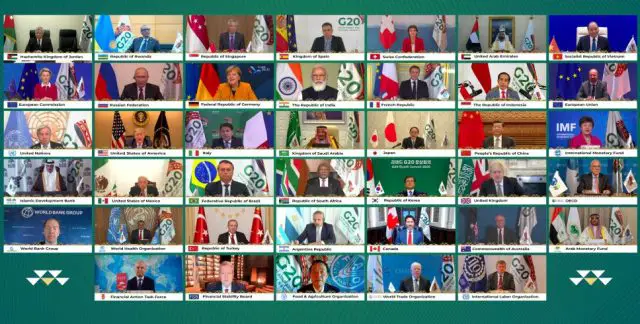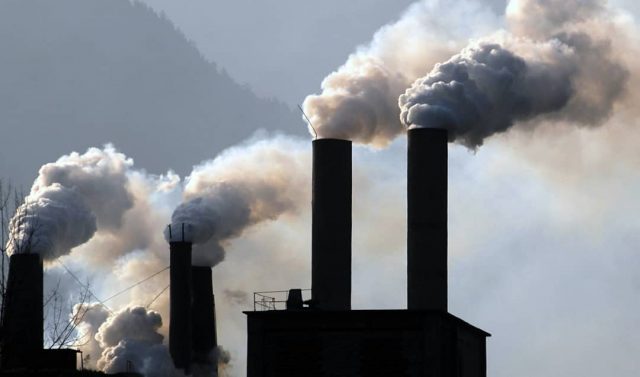At the meeting on Environment, Climate and Energy held from July 23 to 25, in Italy, the G20 failed to reach an agreement in favor of limiting global warming at 1.5 degrees. The G20 or group of 20, is better known as a forum made up of governors and presidents of central banks from various countries around the world, whose purpose is to discuss policies related to international financial stability.

This group has 22 years of being founded and there are 19 countries that make it up, including: Germany, Saudi Arabia, Argentina, Australia, Brazil, Canada, China, South Korea, United States, France, India, Indonesia, Italy, Japan, Mexico, United Kingdom, Russia, South Africa, Turkey and the European Union.
UN representative spoke about it
The Secretary General of the United Nations, António Guterres, warned that without the leadership of the G20, it will not be possible to achieve the goal, in turn, he demanded that the group have greater motivation for strategies that are consistent with the fight against climate change.

“The citizens of the world need more commitment, clearly with the goal of 1.5 degrees part of what emerged in the Paris Agreement on the part of all the G20 nations,” said Guterres. The issue of eliminating coal and the 1.5 degree target on global warming will have to be discussed at the G20 summit to be held in October in Rome, just one day before the COP 26.
About COP26
There are less than 100 days until the United Nations Climate Conference, COP 26, takes place. Due to the COP26 activity, Guterres called on all representatives of the G20 and other countries to immediately present ambitious national climate plans, as well as concrete policies and actions.
It is worth noting that this will be the 26th conference of the parties to the United Nations Framework Convention on Climate Change, which will take place from November 1 to 12 in Glasgow, Scotland.
The UN official recalled that to achieve an ambitious but achievable goal, the world must achieve carbon neutrality by 2050 and reduce greenhouse gas emissions by 45% between now and 2030 compared to the levels of 2010. Finally, he added, that it is very deviated by that path.

